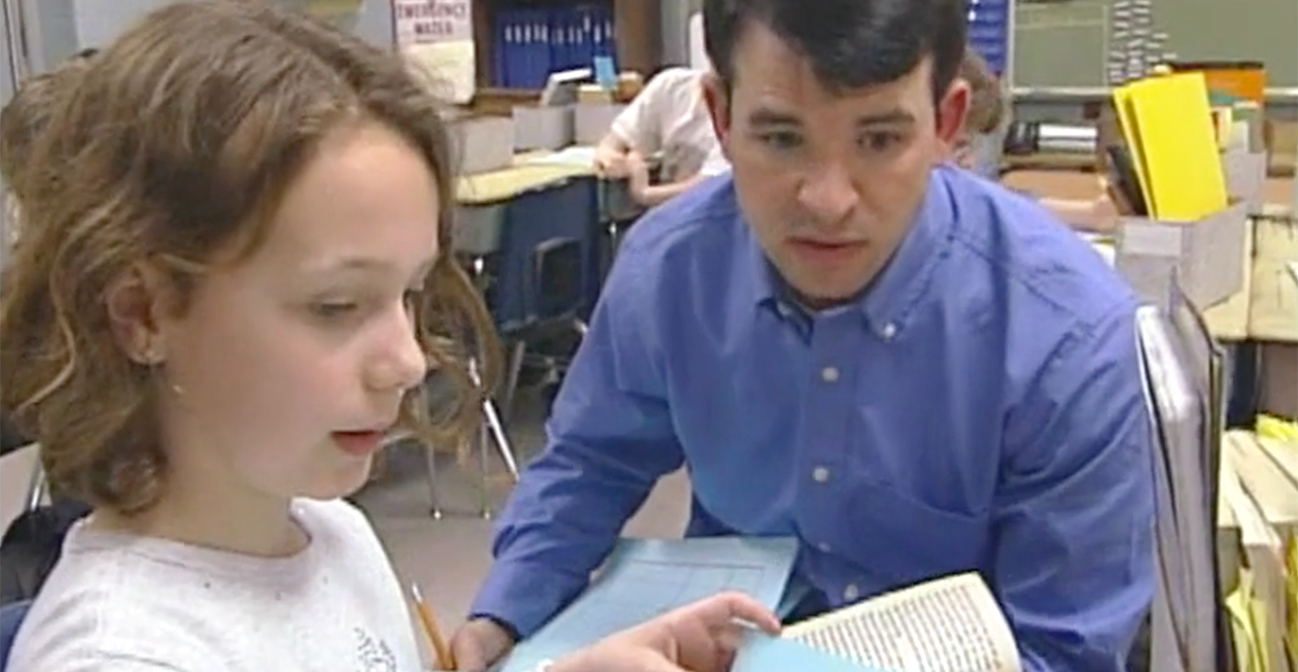Join us for conversations that inspire, recognize, and encourage innovation and best practices in the education profession.
Available on Apple Podcasts, Spotify, Google Podcasts, and more.

 How can assessment improve students’ reading and writing? How do teachers assess student performance as they teach? In this session, literacy expert Kathryn Au discusses the importance of integrating assessment practices with classroom instruction on a daily basis. You will learn how to use assessment results to plan instruction, improve students’ reading and writing, and prepare students for high-stakes testing.
How can assessment improve students’ reading and writing? How do teachers assess student performance as they teach? In this session, literacy expert Kathryn Au discusses the importance of integrating assessment practices with classroom instruction on a daily basis. You will learn how to use assessment results to plan instruction, improve students’ reading and writing, and prepare students for high-stakes testing.
“The most useful information for teachers is assessment information gathered in the course of daily classroom routines. The purpose of this assessment is to improve instruction and help students become better readers and writers”
Kathryn Au
Professor of Education
University of Hawaii
 Kathryn Au is professor of education at the University of Hawaii at Manoa. She is currently directing a teacher education program aimed at increasing the number of Native Hawaiian teachers in schools in their own communities. Her research interest is the school literacy development of students of diverse cultural and linguistic backgrounds. Professor Au has published more than 70 articles on the topic in addition to a textbook, Literacy Instruction in Multicultural Settings. She has served on the editorial advisory boards of Reading Research Quarterly, The Reading Teacher, and Journal of Literacy Research, among others. Professor Au served on the board of directors for the International Reading Association, and she has been elected to the Reading Hall of Fame.
Kathryn Au is professor of education at the University of Hawaii at Manoa. She is currently directing a teacher education program aimed at increasing the number of Native Hawaiian teachers in schools in their own communities. Her research interest is the school literacy development of students of diverse cultural and linguistic backgrounds. Professor Au has published more than 70 articles on the topic in addition to a textbook, Literacy Instruction in Multicultural Settings. She has served on the editorial advisory boards of Reading Research Quarterly, The Reading Teacher, and Journal of Literacy Research, among others. Professor Au served on the board of directors for the International Reading Association, and she has been elected to the Reading Hall of Fame.
If you are taking this workshop for credit or professional development, submit the following assignments for Session 8: Assessment and Accountability.
![]()
In this assignment, you will read two articles on assessment strategies and complete the Examine the Literature Response Chart.
![]()
In this activity, you will develop a rubric for one of the grade-level benchmarks in your literacy program.
![]()
In this activity, you will begin to develop a technique for collecting evidence to demonstrate achievement of grade-level benchmarks.
![]()
In this activity, you will write a summary of the ideas and strategies you explored in this session.
![]()
In this activity, you will continue to build your portfolio of instructional practices.
Caldwell, J., and L. Leslie. Intervention Strategies to Follow Informal Reading Inventory Assessment: So What Do I Do Now? Boston: Allyn & Bacon, 2004.
Fountas, I. C., and G. S. Pinnell. “Understanding the ‘Testing Genre’: Preparing Students for High-Quality Performance.” In Guiding Readers and Writers (Grades 3-6), 461-482. Portsmouth, NH: Heinemann, 2001.
International Reading Association. “High-Stakes Assessments in Reading: A Position Statement of the International Reading Association.” Newark, DE: International Reading Association, 1999.
Johnston, P. “Literacy Assessment and the Future.” The Reading Teacher 58, no. 7 (2004): 684-686.
Lipson, M., and K. Wixson. Assessment and Instruction of Reading Disability. New York: Harper Collins, 1991.
Valencia, S. W., and M. R. Buly. “Behind Test Scores: What Struggling Readers Really Need.” The Reading Teacher 57, no. 6 (2004): 520-531.
![]()
Creating Rubrics
This site is a tool for teachers to create rubrics. Rubrics are available online and teachers are able to customize them.
Running Records
This site provides instruction on taking, scoring, and interpreting a running record.